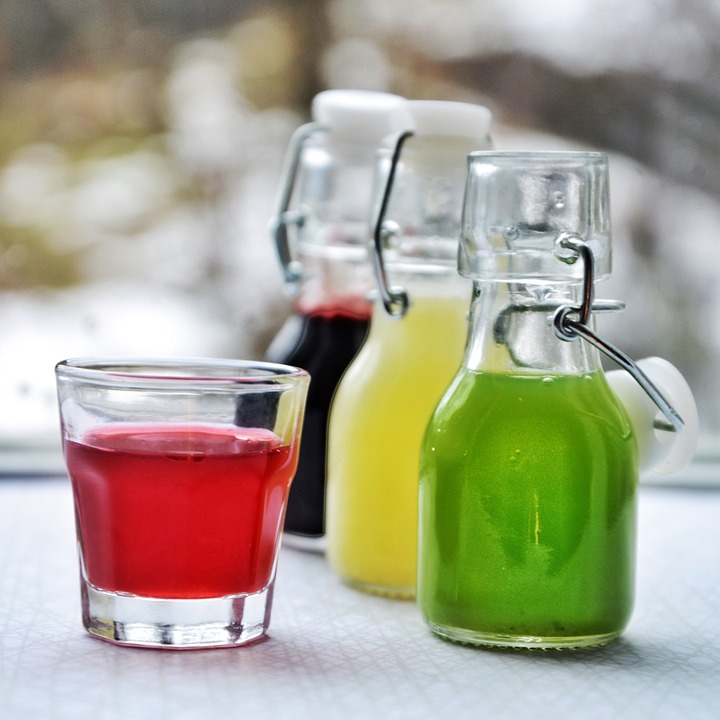Words matter, perhaps more than you realize. How you describe something expresses your underlying attitude about it, but the words themselves reflect back at you, shaping your thoughts and actions and impacting your success. A lot of research has been done with athletes — they achieve better results when they talk to themselves with positive, motivational language.
But this wordplay goes beyond sports to everyday performance. One study published in Psychological Science revealed the effect a small turn of phrase can have. In the study, participants who were asked to write the words “Will I” during what they thought was an unrelated handwriting task did better later at problem-solving and were more motivated than those who wrote “I will.” So approaching a task with the mind-set of a question or challenge had a more positive impact than using a declaration.
The bottom line is that what you say and how you say it shapes what you do. As a nutritionist, I am especially keyed in to the words we use around food and nutrition, and I see many popularly hashtagged terms hurting more than they help when it comes to our health and well-being. Here are five words I’d like to see banished from the food conversation.
Detox
While it is true that certain foods help your body’s detoxification systems do their critical work, the word “detox” mostly feeds the alarmist notion that our bodies regularly accumulate piles of harmful compounds and we have to do something about it fast. The treatment usually involves a special (and typically expensive) concoction or radical eating plan. In this way “detox” sets us up for a fear-oriented and extremist mind-set, where we think that we need something more advanced than regular healthful food to thrive and that some magic bullet can quickly erase the effects of partying, overindulging and generally not taking care of ourselves.
So scrap that word and strive for a balanced way of life that optimizes your liver, lungs and immune system, which thankfully are very good at consistently preventing toxins from building up. Eat plenty of vegetables and whole fruits, get enough sleep, exercise and water, and take it easy on alcohol. If you go off the rails one night or over the course of a weekend, you don’t have to do anything dramatic to repent. Just go back to normal the next day.
Cleanse
A cousin to detox, a “cleanse” is essentially a form of fasting where you eat nothing but a specific regimen of liquids for several days. The word implies a promise of purity that, in reality, is unnecessary and impossible to achieve. When you are not cleansing (most cleanses would be impossible to maintain for any extended time), what are you doing? Dirtying? Thinking of food in this all-or-nothing way, a way that has a somewhat morally judgmental tinge to it, doesn’t help and can actually hurt. I can’t help but think of a cleanse as just a crash diet in disguise, like the old-time Cabbage Soup Diet, respun for the hipster generation, and about as effective.
Skinny
We are inundated with the word “skinny” as a body-image ideal, and considering it is constantly slapped on products as a way to sell foods, books, jeans, magazines and supplements, it must have a lot of worshipers. The problem is that “skinny” says nothing about what your body needs, how to nourish it and help it thrive. In fact, the road to becoming skinny often means ignoring all of those things regardless of the consequences. Do yourself a favor and replace that word with one that reflects how you want your body to feel, such as energized, strong, or nourished. Reframing your thinking in that direction will probably help you look your best, too.
Never
Applying the word “never” to a food usually backfires. First, it creates the notion of a forbidden fruit, where eating the food is not only desirable but also a symbol of freedom, a rebellion against the side of yourself that’s imposing the rules. That can make you crave it more than ever, even obsess over it.
Plus, it sets you up for black-and-white thinking that could ultimately make your eating spin out of control. It’s a common scenario that goes something like this: You swear to never have a french fry, but after a while you slip up and eat a few. Rather than keeping the nibble in perspective with the balance of your food that day or week, you view breaking your vow as having irreparably detoured from the plan. Because you believe you’ve failed already, you polish off the remaining fries and go on to order the chocolate cake.
You can avoid this situation by replacing “never” with “rarely” or “occasionally.” These words invite a flexible approach that lets you focus on the most healthful foods but gives you a wider-angle lens to view your eating habits, so you can choose to have a few fries and then easily move on.
Perfect
One of the most liberating things you can do is eliminate the word “perfect” from your life, especially when it comes to food and body image. Striving for perfection (which doesn’t exist anyway) only creates a perpetual sense of stress and dissatisfaction and, like each word listed here, sets you up to think of healthful living as a radical, all-or-nothing proposition. Yes, set goals and have ideals, but make sure they are genuinely achievable for you, where you are right now, and give yourself some slack to make the best of a given situation rather than pressure yourself to be some unrealistic version of perfection.



